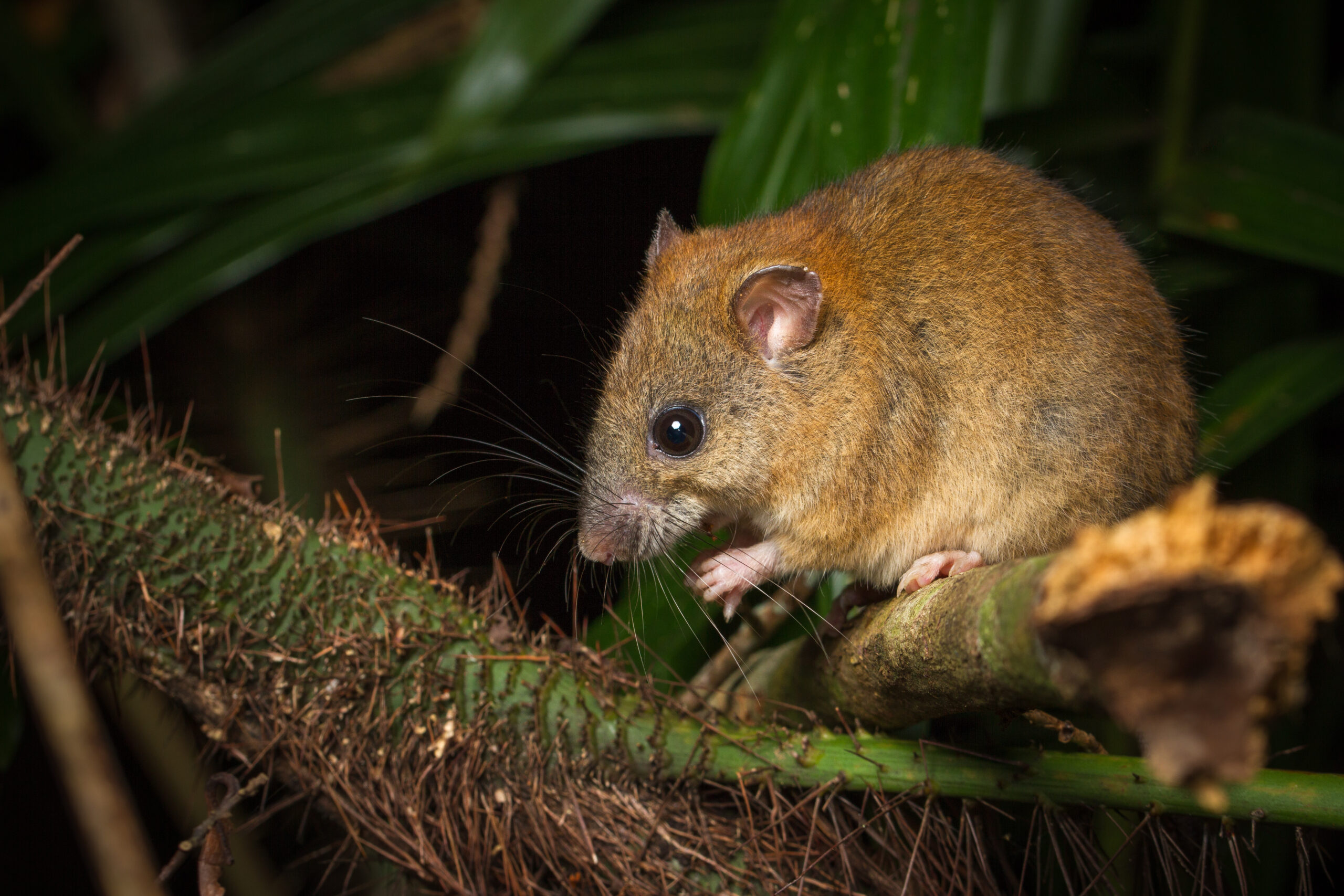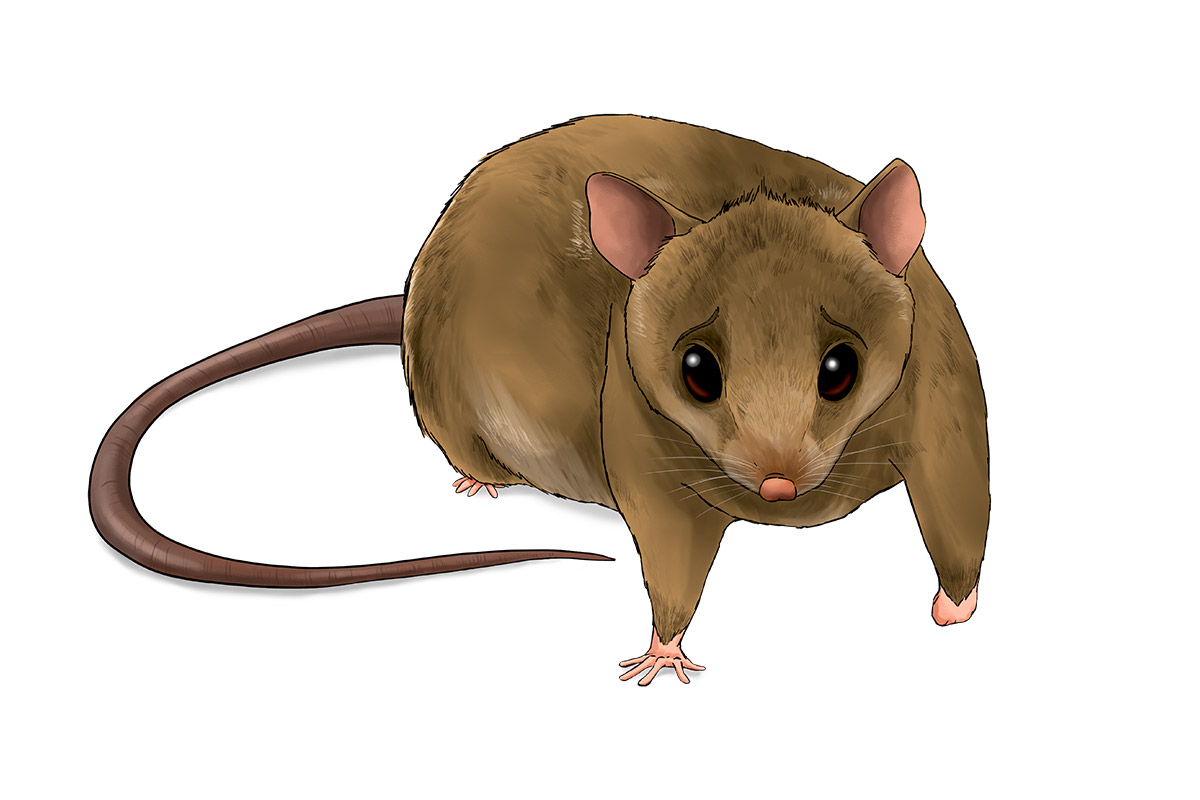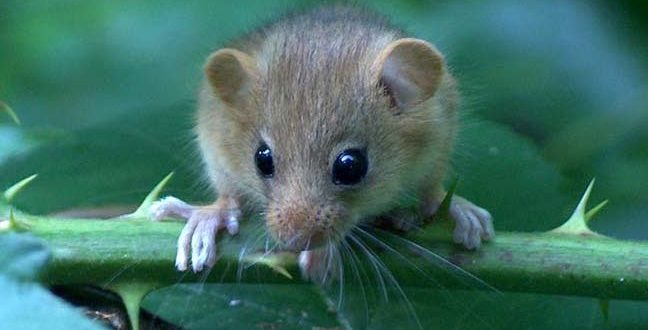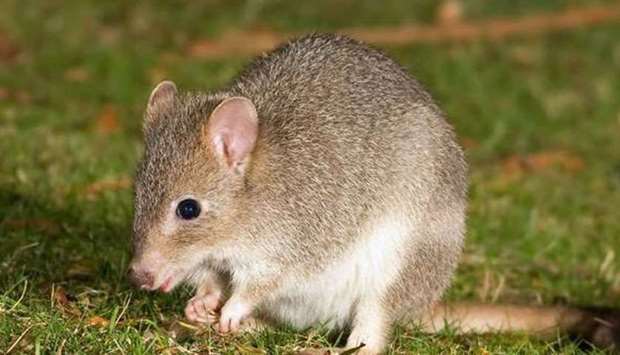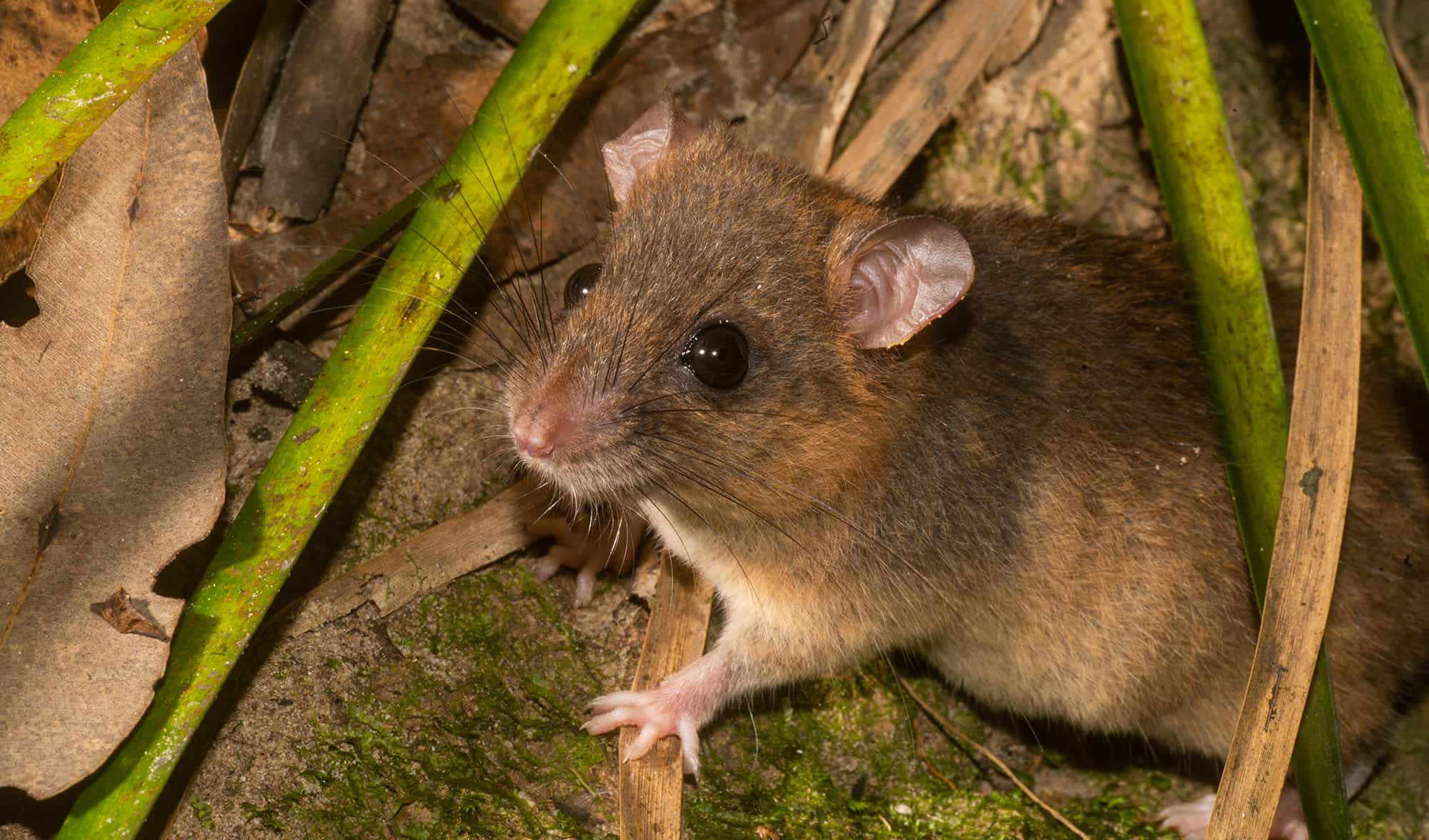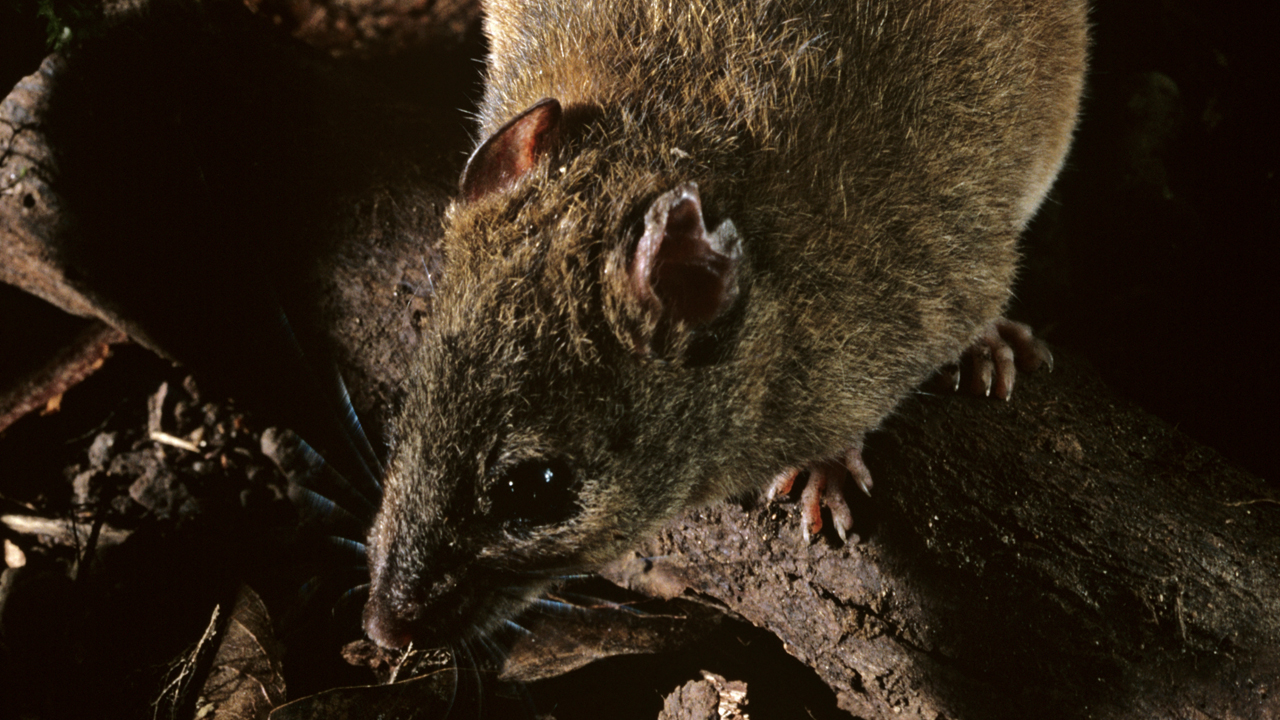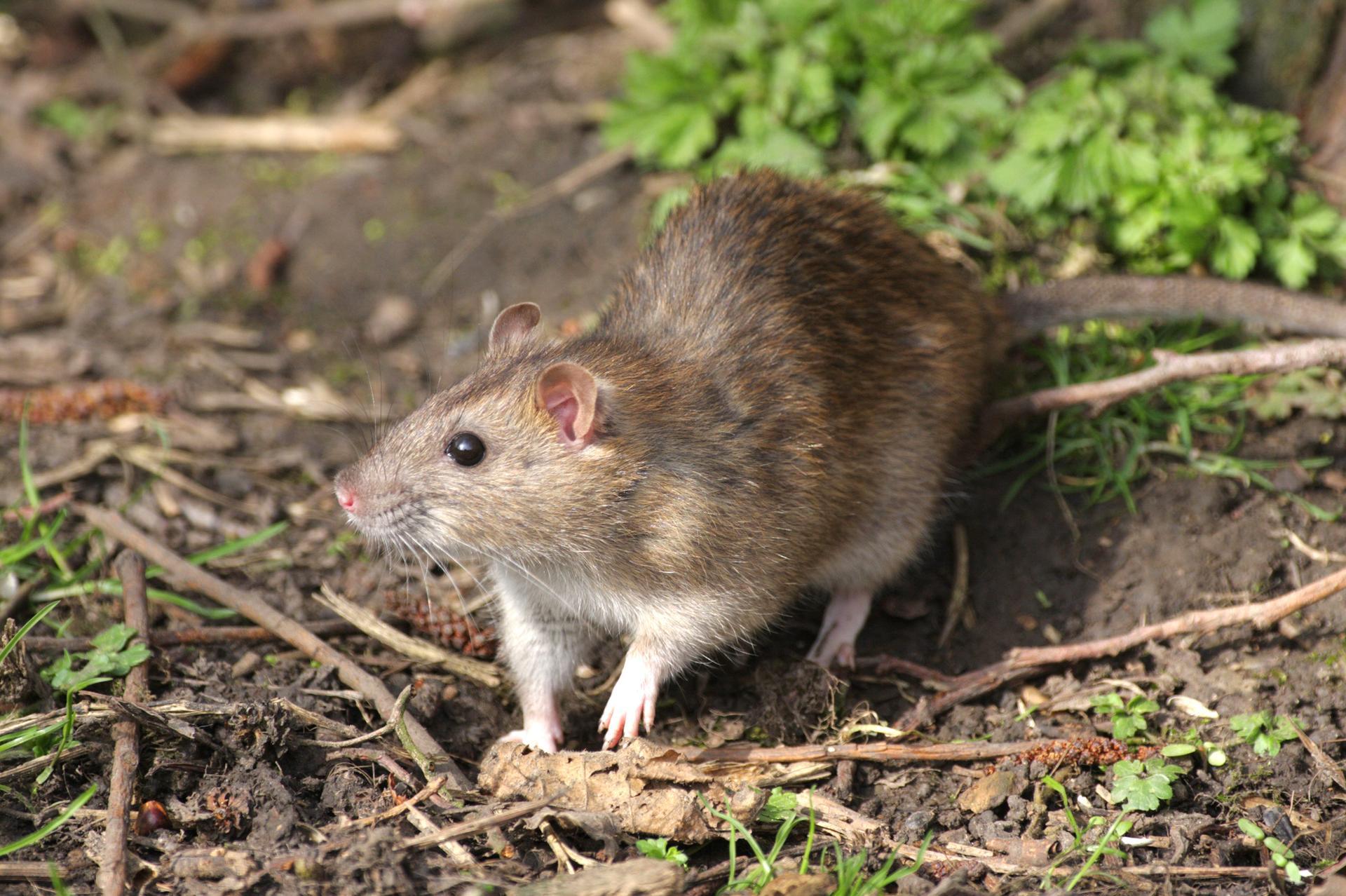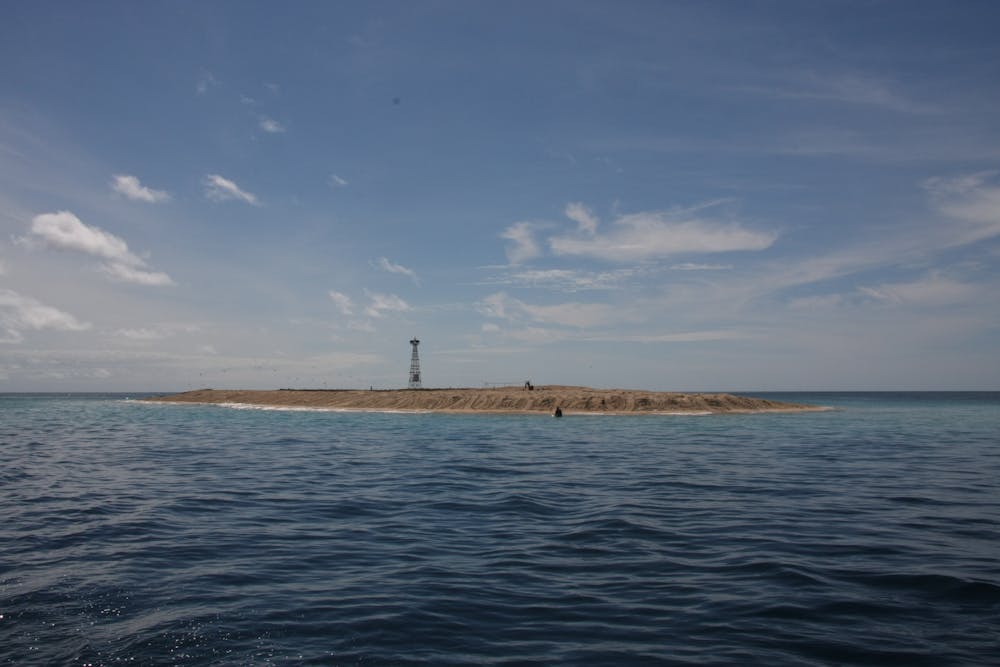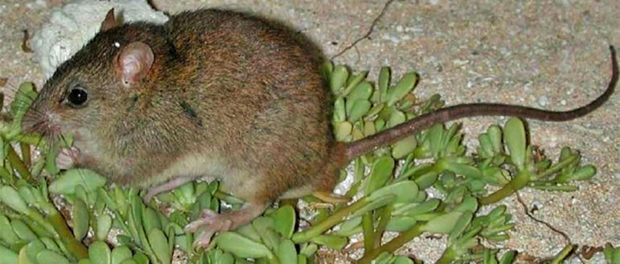
Australian Rodent Is First Mammal Made Extinct by Human-Driven Climate Change, Scientists Say - The New York Times

Bramble Cay melomys are first mammal to go extinct from climate change, Australia officials say - The Washington Post

Banjari Ki Duniya on Twitter: "Bramble Cay melomys is d 1st mammal in world to go extinct from #climatechange. If you still think #globalwarming is a joke, you r living in bliss. #
Torres Strait artists give extinct native rodent new life while flagging first climate change loss - ABC News

Manuel Carmona Yebra on Twitter: "@IUCN reports that the Bramble Cay melomys (Melomys rubicola) is the first mammal to have gone extinct as a direct result of climate change. Previously found only
)
Australian Rodent, Bramble Cay Melomys Is First Mammal Made Extinct By Climate Change, Claim Researchers

